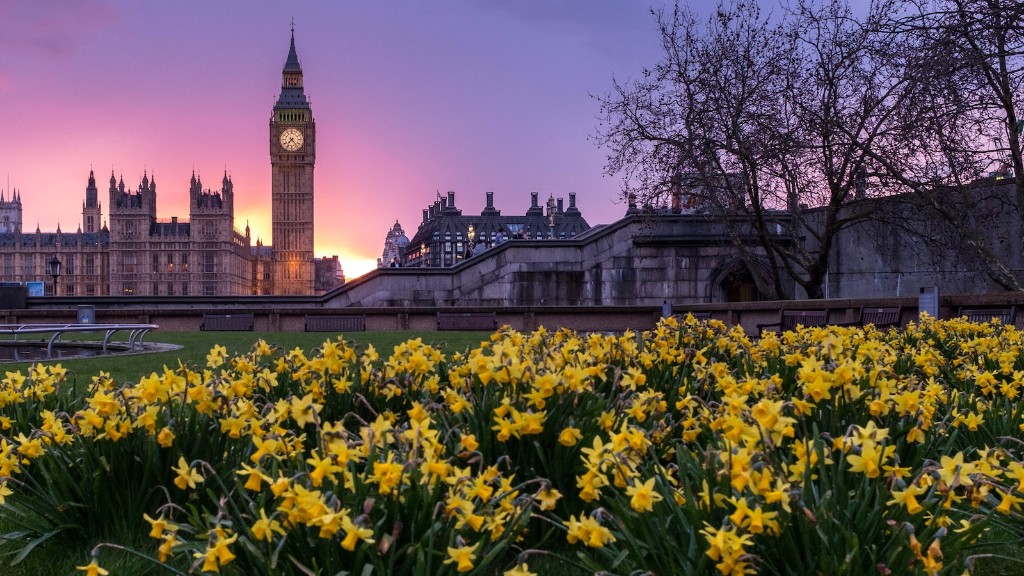The struggle for Independence
The long struggle for independence in South Africa began with the first European settlements in the Cape in 1652. Portugal and the Netherlands had the most significant influence on the development of the country. Dutch colonists, known as Boers, or farmers, set off in the mid-1700s to find more freedom. Their Great Trek marked the start of a conflict between the British and the Boers which would last for centuries.
When the British took control of the Cape Colony in 1806, they hoped to impose taxes and laws to help the colony become economically successful. The Boers, however, were determined to remain independent and preserve their culture. They set off on their own and founded the Boer Republics – the Orange Free State and the Transvaal.
The Cape Colony remained under British rule until the early 20th century when the Union of South Africa was formed in 1910. The main players in the union were the British, the Boers, and the country’s native Africans. The union was given its own constitution and the British Crown was represented in the government.
Although the British had granted independence to the union, the government still retained a great degree of control. The white minority held almost all the power and imposed an apartheid policy which limited the rights of black Africans. This led to widespread civil unrest and resistance as black citizens fought for their rights and independence from the British.
The fight for independence intensified in the 1960s and 1970s as the African National Congress (ANC) and other liberation movements formed to oppose the apartheid regime. The ANC was led by Nelson Mandela, a black leader who had been imprisoned for his opposition to apartheid.
The liberation movements organized boycotts, strikes, and protest marches throughout the country. The unrest led to escalating violence which eventually forced the British government to intervene. In 1994, the ANC and its allies were victorious in the first multiracial elections in South Africa. Nelson Mandela became the first black president and the transition to a majority-ruled South Africa was complete.
The Impact of Apartheid on the Economy
During the apartheid regime, massive economic disparity between white and black citizens had occurred. Many of the laws and policies imposed by the white minority government, such as pass laws, labour segregation, and other discriminatory practices, helped to create an environment where black South Africans suffered from abject poverty. This, compounded with the effects of structural racism such as land dispossession, led to the extreme disparities present today.
The legacy of apartheid is still felt in the country today. Despite efforts by the ANC government to reduce inequality, the economic gap between black and white South Africans has only slightly decreased and, in some cases, widened.
Apartheid has had a significant impact on the country’s foreign policy as well. The nation was subjected to embargoes and other forms of economic and political sanctions by much of the world due to its apartheid policies. It has taken significant effort to rebuild South Africa’s reputation on the international stage.
The apartheid regime also created an environment where foreign consumers did not consider South African products as desirable. This was due to the association of the nation with oppression and discrimination. As a result, South Africa has had to work hard to attract investors and businesses from other countries to help stimulate its economy.
Despite these obstacles, the nation has managed to make significant strides towards becoming a prosperous and vibrant economy. South Africa is now the economic powerhouse of the African continent and is an increasingly integral part of the global economy.
The Role of International Pressure
The international community exerted a great deal of pressure on South Africa during the apartheid era. The UN imposed numerous sanctions on South Africa, including trade embargoes and targeted financial penalties. These sanctions were effective in showing the nation’s white rulers that the majority of the world was united in its opposition to apartheid.
The pressure from the international community was an important catalyst for the fall of the apartheid regime. It served as a reminder the world would not tolerate such oppression and discrimination. In addition, many countries provided assistance and political support to the ANC and its allies during their struggle for independence.
The actions of the United Nations and the international community were essential in securing South Africa’s independence from Great Britain. Without this pressure, it is uncertain how much longer the apartheid government would have lasted. The UN and the world community helped ensure South Africa was finally given the freedom it deserved.
The Current State of South African Politics
Since the fall of apartheid in 1994, South Africa has made tremendous progress towards becoming a more just and equitable society. The ANC has improved access to health services, education, and other necessities for citizens. They have also enacted significant reforms to reduce inequality and disenfranchisement.
However, the nation has been struggling with increasing levels of corruption and public distrust in the government. The ruling ANC has been accused of failing to fulfil its promises of economic transformation. The nation still has one of the highest levels of income inequality in the world, and many citizens remain disenfranchised.
As South Africa moves forward, it faces many challenges. The nation must grapple with issues of poverty, corruption, and inequality as it attempts to secure a brighter future for its citizens. It must also reconcile its painful history of oppression, discrimination, and violence while still honouring the legacy of those who fought for its independence.
The Legacy of South African Independence
South Africa’s independence from Great Britain is a milestone in the nation’s history. It marks the end of a long and arduous struggle for freedom and justice. The efforts of Nelson Mandela and other freedom fighters led the way to a new South Africa, based on the principles of democracy and equality.
South Africa’s independence from Great Britain marks the beginning of a new era for the nation and the world. It stands as a testament to the demonstration of what can be achieved when we come together to fight for freedom and justice.
The legacy of South African independence will continue to shape the nation’s future. As South Africans, we must honour those who have come before us and continue the fight for a better future for our nation.
The Challenges of Modern South Africa
South Africa faces a number of challenges as it works to build a strong and prosperous nation. The nation must overcome poverty, inequality, and corruption while also grappling with its dark history of oppression and discrimination.
The government is grappling with how to ensure the current system supports the nation’s diverse citizenry. It must also develop sound economic and social policies that help create a more just and prosperous society for all.
South Africa continues to strive for a better future. It faces many challenges as it works to overcome its difficult past and ensure a brighter, more equitable future for all its citizens.
Conclusion
South Africa’s independence from Great Britain was the product of centuries of struggle and sacrifice. It stands as a shining example of what can be accomplished when citizens come together to fight for their freedom and justice. It continues to be a reminder of what can be achieved when people are united in their commitment to a better future.





